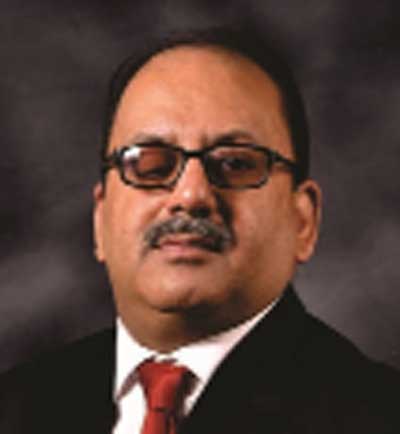If milk and pizza can be used as money, then just what is money? Money is anything that serves as a medium of exchange. A medium of exchange is anything that is universally accepted as a means of Payment. “In Romania under Communist Party rule in the 1980’s, for example, Kent cigarettes served as a medium of exchange: the fact they could be exchanged for other goods and services made them money.”
‘Money, ultimately, is defined by people and what they do. When people use something as a medium of exchange, it becomes money. If people were to begin accepting basketballs as payment for most goods and services, basketballs would be money.’
What are the functions of money: The exchange of goods and services in markets is among the most viable and universal activities of human life? To facilitate people with these exchanges, people settle on something that will serve as a medium of exchange. So they select and accept anything as money.
Language of money: Ask someone in Pakistan or India what he or she paid something. The person will respond by quoting a price stated in rupees: ‘I paid Rs 200 for this Mobile Connection,’ or ‘I paid Rs 20 for milk packet.’ We do not say, ‘I paid five radios for one mobile connection’. That statement might, of course, be literally true in the sense of the opportunity cost of the transaction, but we do not report prices that way for two reasons. One is that people do not arrive at places like sim cards with milk packets and expect to purchase a mobile phone. The other is that the information would not be very useful. Other people may not think of values in milk terms, so they might not know what we meant. We report and understand the value of things in terms of money. Thus, Karl Marx says about the value:
“As use values, commodities are, above all, of different qualities, but as exchange values they are merely different quantities, and consequently do not contain an atom of use value.
If then we leave out of consideration the use value of commodities, they have only one common property left, that of being products of labour. But even the product of labour itself has undergone a change in our hands. If we make abstraction from its use value, we make abstraction at the same time from the material elements and shapes that make the product a use value; we see in it no longer a table, a house, yarn, or any other useful thing. Its existence as a material thing is put out of sight. Neither can it any longer be regarded as the product of the labour of the joiner, the mason, the spinner, or of any other definite kind of productive labour. Along with the useful qualities of the products themselves, we put out of sight both the useful character of the various kinds of labour embodied in them, and the concrete forms of that labour; there is nothing left but what is common to them all; all are reduced to one and the same sort of labour, human labour in the abstract.
Let us now consider the residue of each of these products; it consists of the same unsubstantial reality in each, a mere congelation of homogeneous human labour, of labour power expended without regard to the mode of its expenditure. All that these things now tell us is, that human labour power has been expended in their production, that human labour is embodied in them. When looked at as crystals of this social substance, common to them all, they are – Values.
We have seen that when commodities are exchanged, their exchange value manifests itself as something totally independent of their use value. But if we abstract from their use value, there remains their Value as defined above. Therefore, the common substance that manifests itself in the exchange value of commodities, whenever they are exchanged, is their value.
The progress of our investigation will show that exchange value is the only form in which the value of commodities can manifest itself or be expressed. For the present, however, we have to consider the nature of value independently of this, its form.
Karl Marx, ‘Das Capital’, Progress Publisher’s Moscow, USSR 1971. Third edition Vol-1st, Page No:28.
Sign in
Welcome! Log into your account
Forgot your password? Get help
Password recovery
Recover your password
A password will be e-mailed to you.




